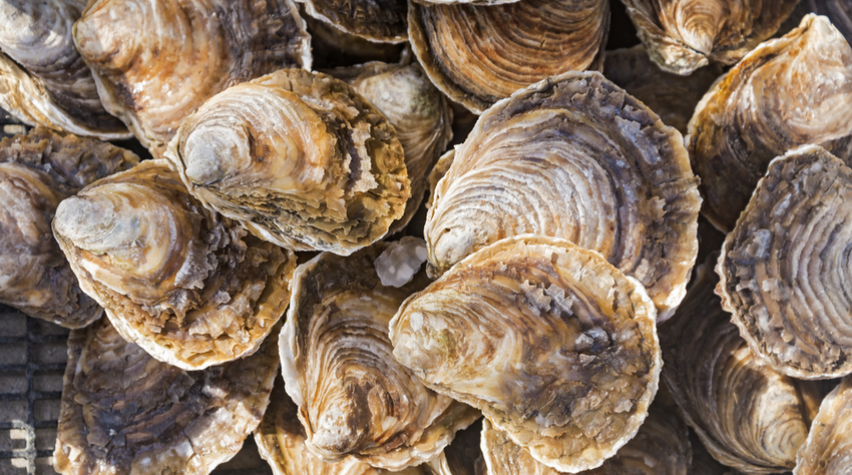
Researchers have long relied on mice and fruit flies as model systems to help answer important questions about human health, but research from the Bigelow Laboratory for Ocean Studies points to a new source of models that could revolutionize health research: bivalves, such as clams and oysters.
Fighting disease, from flu to cancer
There is potential for a broad range of applications, spanning from diseases such as cancer to various bacterial infections, including the flu.
Researchers point out that bivalves lack the disease-fighting antibodies found in mammals, yet they are able to contract contagious forms of cancers and still cure themselves. Looking at the mechanisms behind their defense could provide new paths of research for human treatments.
New alternatives to antibiotics and more
As the medical community struggles against new strains of disease that are resistant to current antibiotics, one possible source of alternatives may lie in bivalves.
Some shellfish such as mussels are able to produce antimicrobial compounds, which could provide answers to new treatments that could help protect human and livestock from infection. Moreover, the Bigelow Laboratory researchers point to new possibilities in the study of oysters, which could inspire new biomaterials, inform toxicology research, increase understanding of the human microbiome, and improve methods of aiding bone growth and repair.
For more information about this research, see the team’s published work in Developmental & Comparative Immunology.


